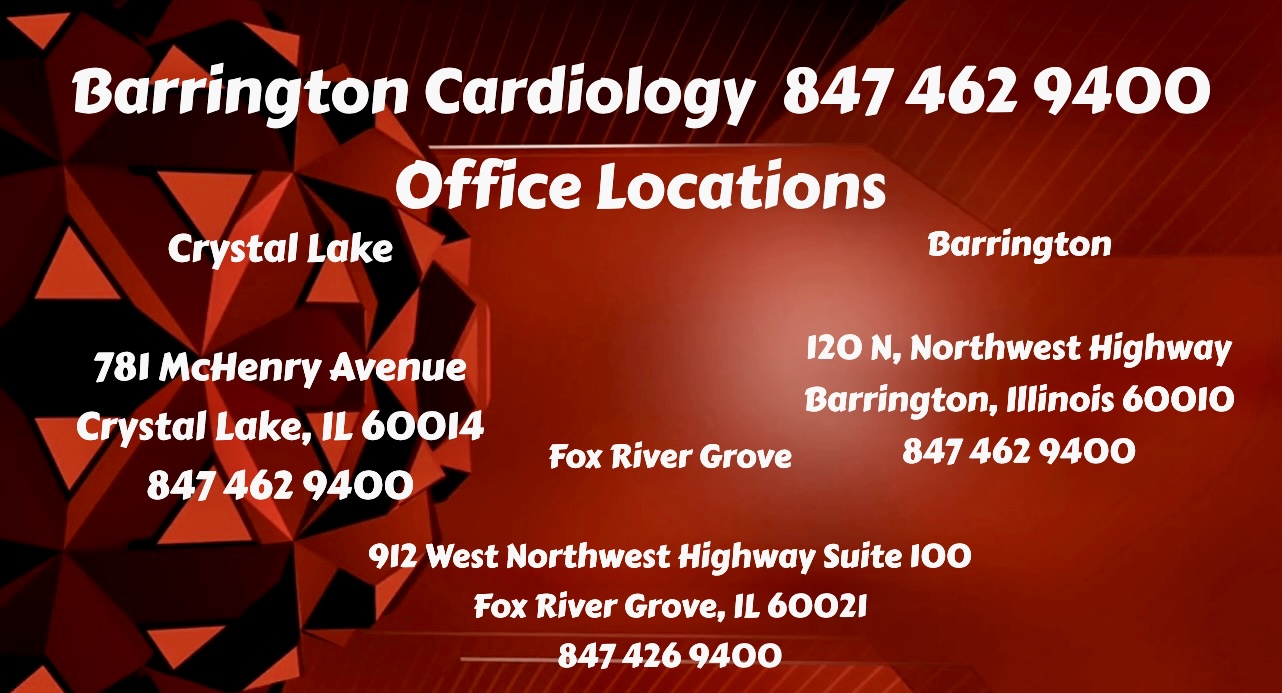Covid vaccines
” To take or not to take “

Vaccines with FDA emergency use authorization include:
• Pfizer-BioNTech COVID-19 vaccine. The Pfizer-BioNTech COVID-19 vaccine is 95% effective in preventing the COVID-19 virus with symptoms. This vaccine is for people age 16 and older. It requires two injections given 21 days apart. The second dose can be given up to six weeks after the first dose, if needed.
• Moderna COVID-19 vaccine. The Moderna COVID-19 vaccine is 94% effective in preventing the COVID-19 virus with symptoms. This vaccine is for people age 18 and older. It requires two injections given 28 days apart. The second dose can be given up to six weeks after the first dose, if needed.
• Janssen/Johnson & Johnson COVID-19 vaccine. In clinical trials, this vaccine was 66% effective in preventing the COVID-19 virus with symptoms — as of 14 days after vaccination. The vaccine also was 85% effective at preventing severe disease with the COVID-19 virus — at least 28 days after vaccination. This vaccine is for people age 18 and older. It requires one injection.
Mechanism of action
• Both the Pfizer-BioNTech and the Moderna COVID-19 vaccines use messenger RNA (mRNA). Coronaviruses have a spike-like structure on their surface called an S protein. COVID-19 mRNA vaccines give cells instructions for how to make a harmless piece of an S protein. After vaccination, your cells begin making the protein pieces and displaying them on cell surfaces. Your immune system will recognize that the protein doesn’t belong there and begin building an immune response and making antibodies.
• The Janssen/Johnson & Johnson COVID-19 vaccine is a vector vaccine. In this type of vaccine, genetic material from the COVID-19 virus is inserted into a different kind of weakened live virus, such as an adenovirus. When the weakened virus (viral vector) gets into your cells, it delivers genetic material from the COVID-19 virus that gives your cells instructions to make copies of the S protein. Once your cells display the S proteins on their surfaces, your immune system responds by creating antibodies and defensive white blood cells. If you become infected with the COVID-19 virus, the antibodies will fight the virus.
Viral vector vaccines can’t cause you to become infected with the COVID-19 virus or the viral vector virus. Also, the genetic material that’s delivered doesn’t become part of your DNA.
Do the COVID-19 vaccines protect against the COVID-19 variants?
The COVID-19 vaccines were developed based on the S protein before it contained the mutations identified in the variants. While research suggests that COVID-19 vaccines have lower efficacy against the variants, the vaccines still appear to provide protection against severe COVID-19. Further research is needed.
What are the possible side effects of a COVID-19 vaccine?
A COVID-19 vaccine can cause mild side effects after the first or second dose, including:
• Pain, redness or swelling where the shot was given
• Fever
• Fatigue
• Headache
• Muscle pain
• Chills
• Joint pain
• Nausea and vomiting
• Feeling unwell
• Swollen lymph nodes
You’ll likely be monitored for 15 minutes after getting a COVID-19 vaccine to see if you have an immediate reaction. Most side effects happen within the first three days after vaccination and typically last only one to two days.
A COVID-19 vaccine may cause side effects similar to signs and symptoms of COVID-19. If you’ve been exposed to COVID-19 and you develop symptoms more than three days after getting vaccinated or the symptoms last more than two days, self-isolate and get tested.
What are the long-term side effects of the COVID-19 vaccines?
Because COVID-19 vaccines clinical trials only started in the summer of 2020, it’s not yet clear if these vaccines will have long-term side effects. However, vaccines rarely cause long-term side effects.
If you’re concerned, in the U.S., safety data on COVID-19 vaccines will be reported to a national program called the Vaccine Adverse Event Reporting System. This data is available to the public. The Centers for Disease Control and Prevention (CDC) has also created v-safe, a smartphone-based tool that allows users to report COVID-19 vaccine side effects.
https://www.mayoclinic.org/diseases-conditions/coronavirus/in-depth/coronavirus-vaccine/art-20484859#vaccine-benefits
